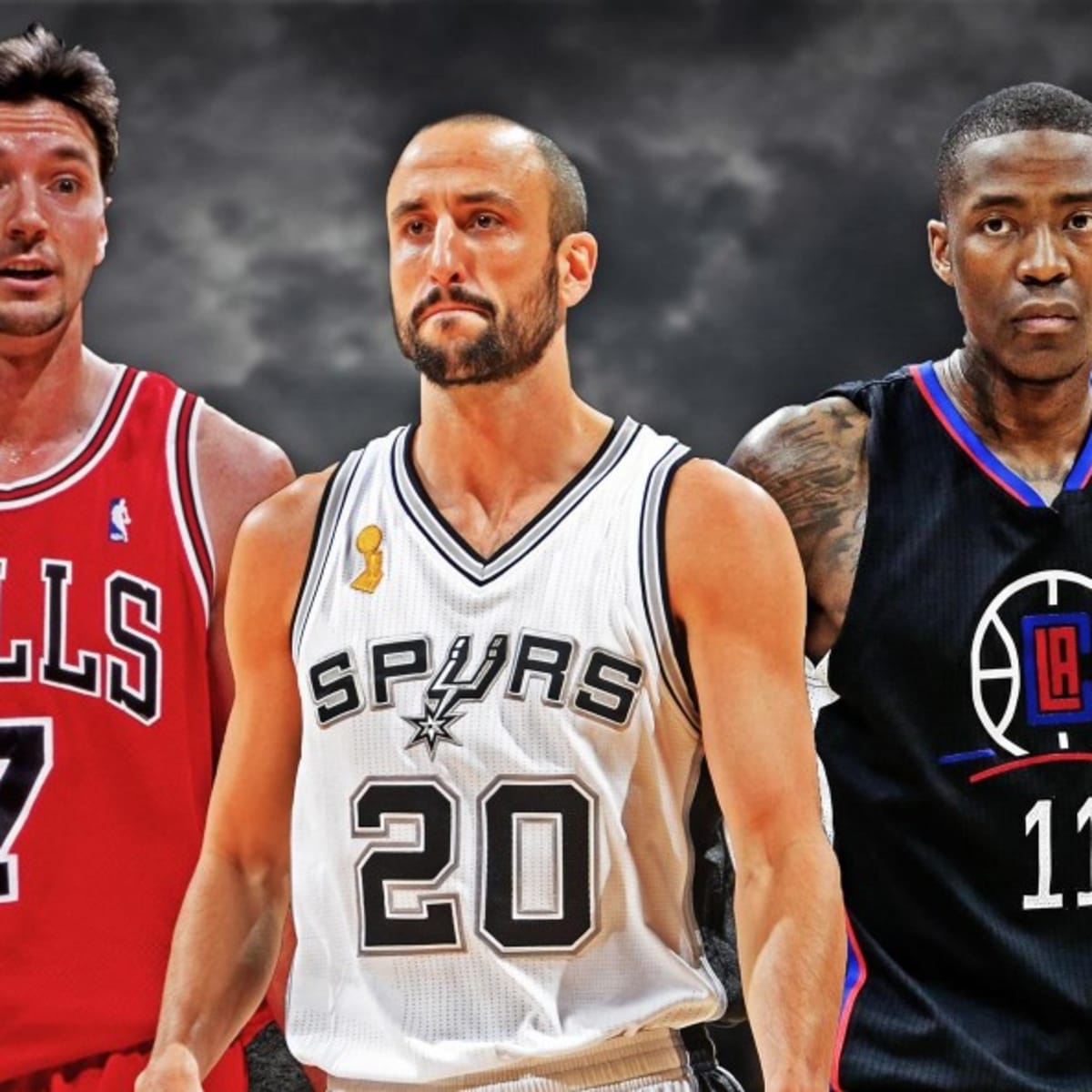
Sharing insights from psychology to help you live better and unlock your Performance DNA. Based on my work in the NBA, NFL, Elite Military Units, and VC.
How to get URL link on X (Twitter) App


 The Confidence Challenge
The Confidence Challenge
 The Gold Medal Profile for Sport Psychology is an evidence-informed model that combines 3 levels of psychological skills to lead to peak performance.
The Gold Medal Profile for Sport Psychology is an evidence-informed model that combines 3 levels of psychological skills to lead to peak performance.
 The 6th man is a valuable role in basketball. Though this person isn't a starter, they have significant responsibilities:
The 6th man is a valuable role in basketball. Though this person isn't a starter, they have significant responsibilities: